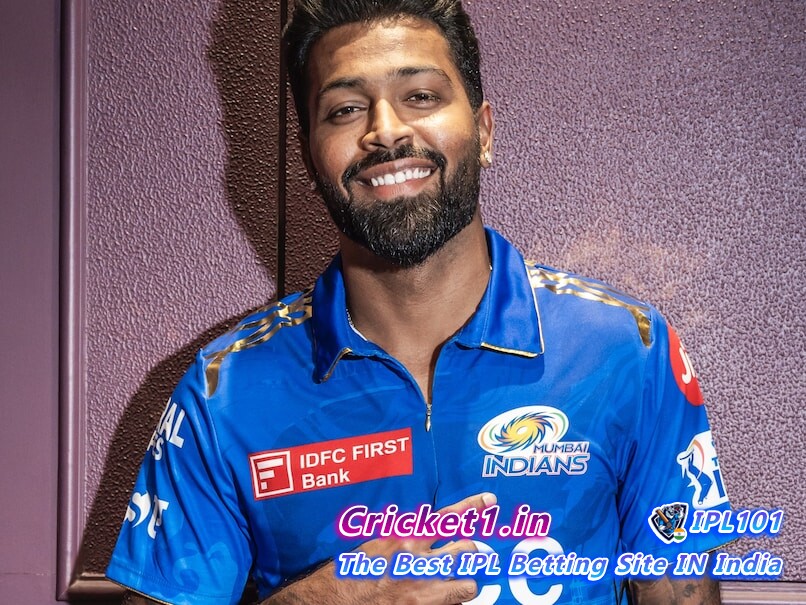
The cricket fraternity has witnessed a whirlwind of activity with the news that has set the Indian Premier League (IPL) buzzing—the high-profile shift of Hardik Pandya from Gujarat Titans to Mumbai Indians ahead of the much-anticipated IPL 2024 season. Former Kolkata Knight Riders (KKR) team director, Joy Bhattacharjya, expressed his disapproval and drew parallels with a historical incident involving Ravindra Jadeja to emphasize the gravity of this development.
In 2010, Jadeja faced a penalty that sat him out for an entire season due to his attempt at breaking his contract with Rajasthan Royals, displaying his wish to switch camps to Mumbai Indians. Bhattacharjya argues that such situations are detrimental to the spirit and integrity of the tournament. He fears that the Hardik Pandya move indicates a burgeoning trend that challenges the fabric of the existing system—an unsettling reminder of the Jadeja debacle.
Bhattacharjya’s concern rests on the precedent that might be established following this transfer—players may learn that creating enough commotion could sway franchises to release them. This is not a trail he believes the league should tread upon. The bigger worry lies in the normalization of such practices, where players could dictate terms, unsettling the team dynamics and potentially undermining the authority of the franchise that invested in them.
On a YouTube channel appearance, Bhattacharjya elucidates how the Gujarat Titans were placed between a rock and a hard place with Hardik’s resolve to join Mumbai Indians. He outlines two possible scenarios for Gujarat: letting Hardik transfer, subsequently gaining finances from the trade that would support them in securing another marquee player, or coercing a potentially unenthusiastic Hardik to stay, risking a season of lackluster performance. In the end, Hardik’s wishes prevailed, signifying that player power may indeed be influencing the structural decisions within franchises.
The discussion around player movement and the integrity of contractual agreements is not new to IPL or cricket at large. Revolving around themes of loyalty, duty, and business interests, these narratives weave into the grand tapestry of a sport that is increasingly becoming an intricate blend of on-field action and off-field strategies.
As Hardik Pandya prepares to don the Mumbai Indian blues once more—a team with which he has previously shared an illustrious history—the spotlight on this issue only intensifies. Gujarat Titans, having lost a key player and a dynamic performer, now face the task of recalibrating their squad, while Mumbai Indians enjoy the return of a star that promises much in the way of performance and excitement for the fans.
The moves and shakes of this pre-season phase have set the stage for an IPL edition rife with narratives of redemption, strategy, and perhaps controversy. As the cricket board and the regulatory authorities navigate through these choppy waters, fans will undoubtedly be keyed into each development, watching to see how the stories unfold and impact their beloved teams.
An object lesson in the ever-evolving dynamics of professional sports, the case of Hardik Pandya’s transfer posits a moment of reflection on the part and balance of power between players and organizations. It prompts analysts and enthusiasts to ponder the future of the Indian Premier League—an entity that has become as much about the game as it is about the business and drama that underpins it.
As the IPL continues to grow, the ramifications of decisions like these extend beyond the boundary ropes and boardrooms, touching upon the fabric of the sport itself. The upcoming IPL 2024 stands not only as a testament to cricket’s ability to entertain and engage but also as an arena for the ongoing dialogue about its direction and ethos in the ever-competitive modern era.

